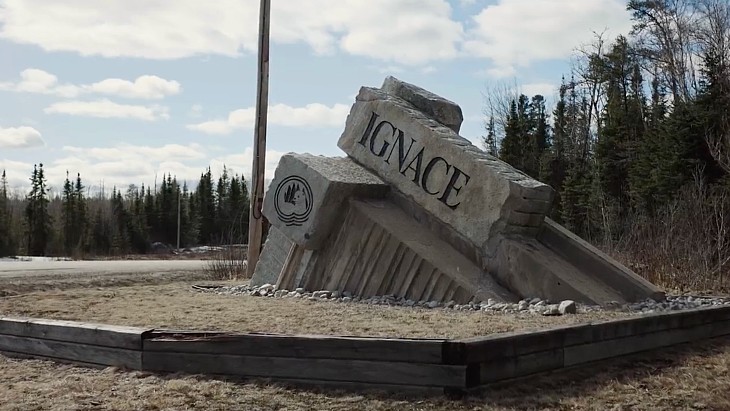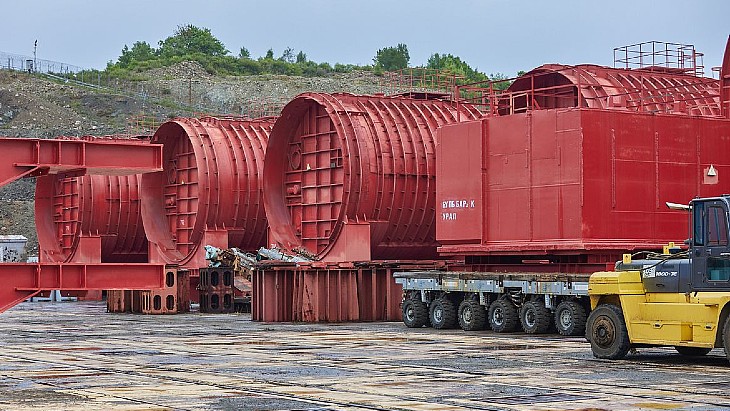NWMO seeks public comment on used fuel transport plans
.jpg)
The not-for-profit NWMO is responsible for designing and implementing Canada's Adaptive Phased Management plan for the safe, long-term management of used nuclear fuel in a deep geological repository. As well as siting and building the repository, the plan includes the transportation of the country's used fuel from the licensed interim storage sites where it is currently held to the operational repository. This is expected to begin sometime in the 2040s, the NWMO said in its newly released draft transportation planning framework, Moving Forward Together - An invitation to review a draft planning framework for the transportation of used nuclear fuel.
"This is the next step in an ongoing journey," NWMO Vice President of Indigenous Relations Bob Watts said. "We know we have the technical ability to safely transport used nuclear fuel, we're seeking public input to ensure we're proceeding in a manner that reflects the values and priorities of those who are interested in helping shape the framework."
According to the transportation planning framework, used fuel bundles will be placed into suitable transportation packages that will be moved by road and/or rail, depending on the location chosen for the deep geological repository. Transportation of used nuclear fuel is subject to stringent regulation and oversight, and the NWMO will need to demonstrate to regulatory authorities and the public the safety and security of any transportation system before transportation to the repository can begin.
The NWMO is working to identify a single, preferred location for the deep geological repository in an area with informed and willing hosts. Since the launch of the Adaptive Phase Management process in 2010 the organisation has narrowed down a list of 21 communities that had registered interest to two potential host areas for the project: the Township of Ignace in north-western Ontario, and the Municipality of South Bruce in southern Ontario. The NWMO expects to identify the preferred site to host the project by 2023.
Public feedback on the transport plans is invited via engagement comment forms and an online survey.
_17992.jpg)
_75800.jpg)








_88592.jpg)

